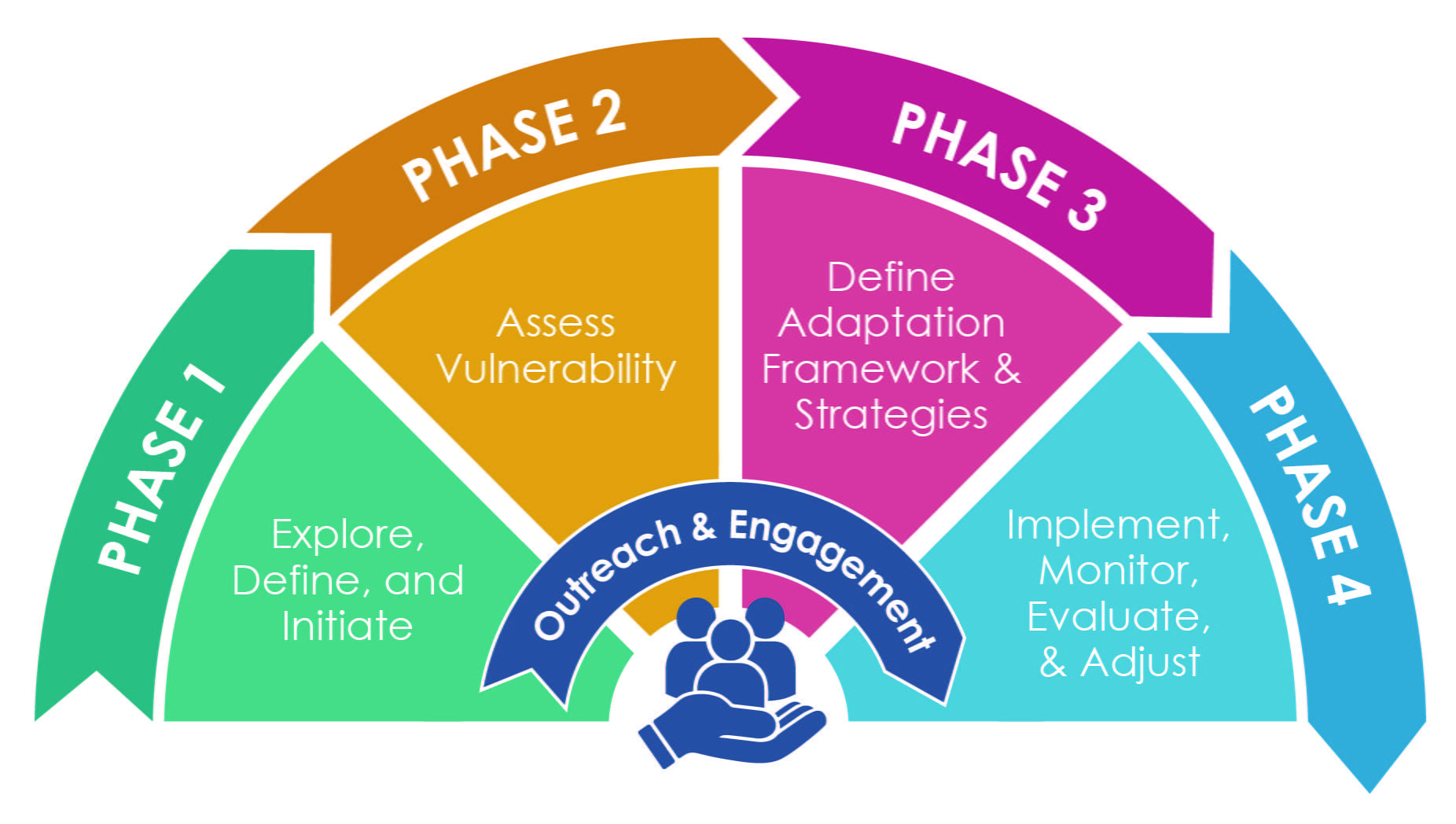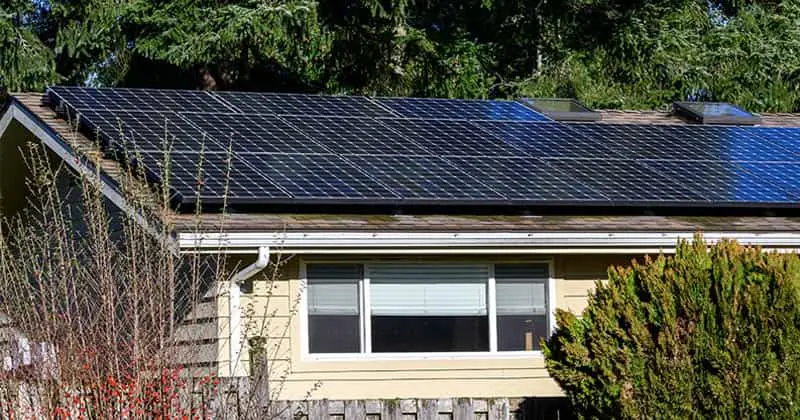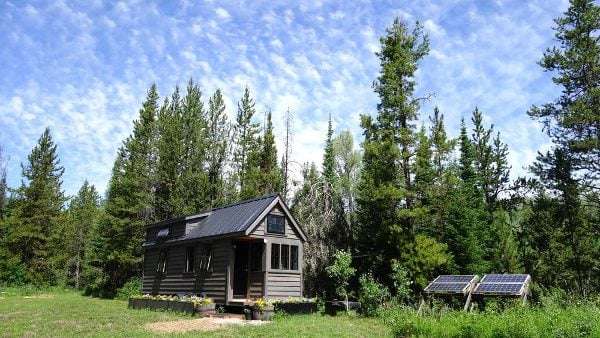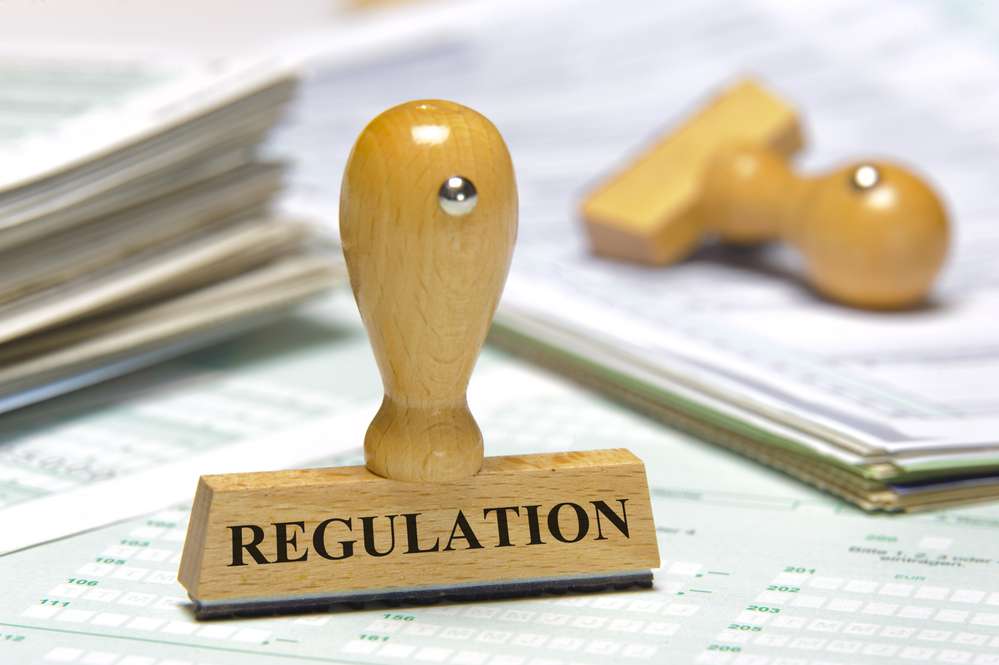Living off the grid requires careful planning and adaptation. In order to successfully embrace a self-sufficient lifestyle, it is important to acquire essential skills and knowledge. Renewable energy sources, sustainable resource management, and resilience are key elements to consider. When it comes to choosing a suitable location, factors such as property tax and local building codes shouldn’t be overlooked. Additionally, generating power, understanding winter conditions, and ensuring enough firewood are crucial for a comfortable and efficient living. Moreover, being prepared for emergencies includes investing in communication devices and rainwater collection systems. While relying solely on crops for food may not be advisable, waiting before raising livestock can be a wise approach. It is also beneficial to learn from other off-gridders and develop DIY skills. Despite the challenges, living off the grid offers freedom, self-sufficiency, and a closer connection to nature.
Living Off the Grid: A Comprehensive Guide to Self-Sustainability
Living off the grid requires careful planning and adaptation to a lifestyle that is independent of traditional utility services. It allows individuals to achieve self-sufficiency, minimize their environmental impact, and experience a deeper connection with nature. However, successfully living off the grid involves more than just disconnecting from the power grid. It requires acquiring essential skills, utilizing renewable energy sources, managing sustainable resources, building resilience for adverse conditions, addressing power generation needs, adapting to winter conditions, ensuring an adequate firewood supply, and understanding the numerous benefits that come with this lifestyle.
Choosing a Suitable Location
One of the first steps to living off the grid is to choose a suitable location that meets your needs and preferences. Researching potential locations is essential, considering factors such as accessibility, availability of essential resources, and proximity to healthcare and emergency services.
When considering a potential location, it is important to take into account climate and weather conditions. Different climates offer different challenges and opportunities for off-grid living. For example, living in a cold climate may require additional insulation and heating considerations, while living in a hot climate may necessitate effective cooling strategies.
Evaluating access to essential resources is another crucial aspect when selecting a suitable off-grid location. Assessing the availability of water sources, such as rivers, wells, or rainwater collection, is essential for sustainable living. Additionally, considering the proximity to healthcare and emergency services ensures that you have access to critical assistance when needed.
Understanding Property Tax and Regulations
Before embarking on your off-grid living journey, it is essential to familiarize yourself with property tax laws and regulations. Researching the specific property tax laws and regulations of your chosen location will help you understand your financial responsibilities and plan your budget accordingly.
Zoning and land use regulations also play a vital role in off-grid living. You must consider these regulations to ensure that your chosen location allows for your desired self-sufficient lifestyle. Some regulations may restrict certain activities, such as farming or raising livestock, so it is important to have a clear understanding of these zoning laws.
Additionally, it is crucial to understand off-grid living regulations and permits. Some areas may have specific guidelines or requirements for living off the grid, such as obtaining permits for alternative energy systems or composting toilets. Ensuring compliance with building codes and inspections is necessary to ensure the safety and legality of your off-grid dwelling.
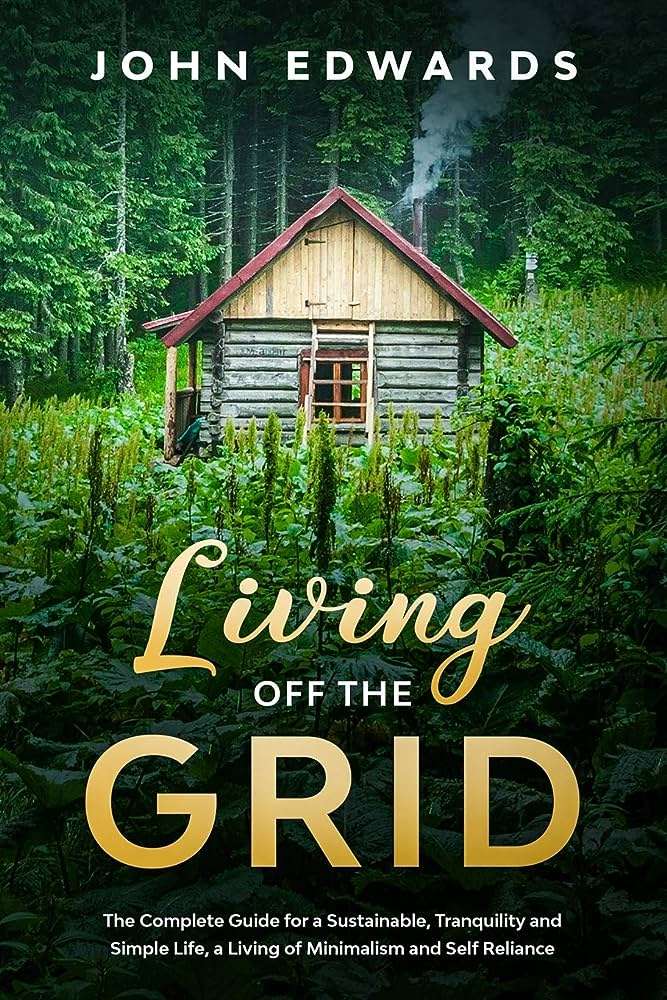
Developing Essential Self-Sufficiency Skills
Living off the grid requires acquiring essential skills to achieve self-sufficiency in various aspects of daily life. While the specific skills required may vary depending on individual preferences and circumstances, there are some foundational skills that are beneficial for every off-grid dweller.
Learning to grow and preserve food is a fundamental self-sufficiency skill. Developing a garden and learning about sustainable farming and gardening practices will provide you with a continuous source of fresh produce. Additionally, acquiring knowledge of food preservation techniques, such as canning or dehydrating, will allow you to store your harvest for future use.
Acquiring water management and conservation skills is crucial for off-grid living. Understanding how to efficiently collect, store, and conserve water will ensure a sustainable and reliable water supply. Implementing rainwater collection systems, building water storage tanks, and utilizing greywater recycling systems are all strategies to optimize water usage.
Basic carpentry and construction skills are valuable for off-grid living. Being able to build and repair structures, such as sheds or chicken coops, can save you money and provide you with a sense of accomplishment. Additionally, these skills allow you to customize your living space according to your needs and preferences.
Developing first aid and emergency response skills is essential when living off the grid. Being prepared for emergencies and knowing how to handle injuries or medical situations can be life-saving. Learning basic first aid techniques, CPR, and emergency response protocols will provide you with the confidence to handle unexpected situations.
Utilizing Renewable Energy Sources
Off-grid living relies heavily on renewable energy sources to meet the energy needs of the household. Installing solar panel systems is a popular and effective way to generate electricity. Solar panels convert sunlight into electricity, which can be used to power various appliances and devices.
In addition to solar energy, other renewable energy sources can be utilized. Depending on your location and available resources, wind turbines or hydroelectric power systems can be installed to harness the power of wind or flowing water. Exploring options such as geothermal or biomass energy can also be viable alternatives for off-grid power generation.
Implementing energy storage systems is crucial for managing renewable energy. Storing excess energy generated during peak times ensures a consistent power supply, even during periods of low renewable energy production. Battery banks or other energy storage solutions can be used to store and distribute energy as needed.
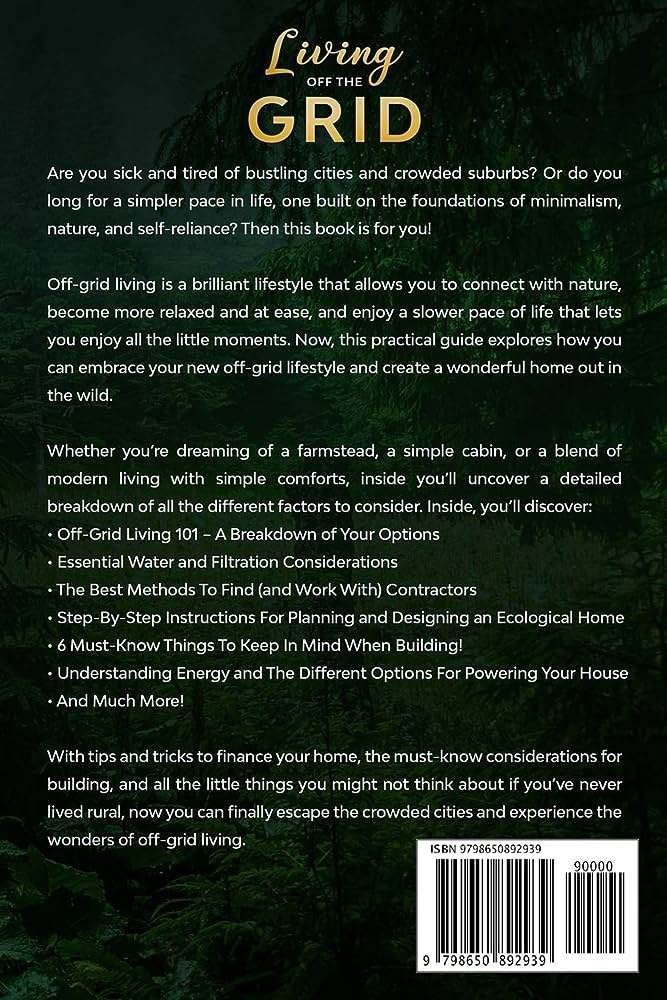
Managing Sustainable Resources
Off-grid living thrives on the responsible use and management of resources. Implementing efficient water usage strategies is crucial for sustainable living. Conserving water through measures such as low-flow fixtures, water-efficient appliances, and mindful water usage habits ensures the long-term availability of this vital resource.
Practicing responsible waste management is another important aspect of sustainable off-grid living. Reducing, reusing, and recycling waste minimizes your environmental impact. Composting organic waste, reusing greywater for irrigation, and practicing minimalism are all effective strategies for responsible waste management.
Protecting and replenishing natural resources is vital for sustaining off-grid living. This includes practices such as reforestation, soil conservation, and wildlife preservation. Adopting sustainable farming and gardening practices, such as crop rotation and natural pest control, promotes a healthy and balanced ecosystem.
Building Resilience for Adverse Conditions
Living off the grid requires being prepared for adverse conditions, such as extreme weather events. Preparing for these events involves having a well-thought-out plan in place. This includes stocking up on essential supplies and resources, such as non-perishable food, water, and emergency medical supplies.
Ensuring proper insulation and energy efficiency in your off-grid dwelling is crucial for withstanding severe weather conditions. Properly insulating walls, windows, and doors helps maintain a comfortable indoor temperature and reduces energy consumption.
Establishing backup power and heating solutions is essential for off-grid living during power outages or prolonged periods of extreme weather. Backup power sources such as generators or battery backup systems can provide electricity when renewable energy production is limited. Alternative heating solutions, such as wood-burning stoves or propane heaters, can provide warmth in the absence of traditional heating systems.
Creating an emergency communication and evacuation plan is crucial for off-grid living. Having reliable communication devices, such as a satellite phone or emergency radio, ensures that you can stay informed and seek help if necessary. Additionally, establishing evacuation routes and identifying safe meeting points will help you navigate any emergency situation effectively.

Addressing Power Generation
Understanding your power needs and demands is essential when living off the grid. Analyzing your energy consumption patterns will help you determine the appropriate power generation system for your household. This includes considering the number of appliances, devices, and other electrical loads that will be powered by your off-grid system.
Choosing the appropriate power generation system is a critical decision. Depending on your location and available resources, you may opt for solar panels, wind turbines, hydroelectric power, or a combination of these renewable energy sources. It is crucial to consider factors such as energy production capacity, reliability, and maintenance requirements when selecting your power generation system.
Maintaining and troubleshooting power equipment is essential for ensuring a consistent power supply. Regular inspections, cleaning, and maintenance of solar panels, wind turbines, and other power generating components are necessary to optimize their performance and longevity. Additionally, having basic troubleshooting skills will help you address minor issues and minimize downtime.
Exploring alternatives during power outages is important for off-grid living. Backup power sources, such as generators or battery backup systems, can provide electricity when renewable energy production is limited. Having a backup plan ensures that your essential energy needs are met during unforeseen circumstances.
Adapting to Winter Conditions
Living off the grid during winter presents unique challenges, especially in colder climates. Preparing for low temperatures and adverse weather begins with ensuring proper insulation and heating in your living space. Properly insulating walls, windows, and doors helps retain heat and minimize heat loss.
In addition to insulation, effective heating methods are necessary to keep your living space warm during winter. Wood-burning stoves or high-efficiency heating systems can provide reliable heat, even during extended periods of cold weather. Proper maintenance and regular cleaning of heating systems are necessary to ensure their optimal performance.
Stocking up on essential supplies and resources is crucial for winter off-grid living. This includes storing an ample supply of non-perishable food, water, and emergency medical supplies. It is advisable to plan for potential disruptions due to extreme weather conditions and ensure that you have sufficient provisions to last until normal conditions resume.
Implementing winter-specific energy and water conservation methods helps maximize available resources. This may involve insulating water pipes to prevent freezing, minimizing water usage, and reinforcing energy-efficient habits, such as using window coverings to retain heat and wearing appropriate clothing layers indoors.

Ensuring Adequate Firewood Supply
When living off the grid, having an adequate supply of firewood is essential. Firewood is often the primary source of heat and energy for off-grid homes, particularly in colder climates. Assessing firewood needs based on climate and personal heating requirements is crucial for maintaining a comfortable living space.
Sourcing and harvesting firewood sustainably is important to minimize the impact on the environment. It is essential to only gather firewood from sustainable sources, such as fallen trees or designated areas. Avoiding clear-cutting or overharvesting helps preserve the local ecosystem and ensures a sustainable supply of firewood.
Storing firewood properly is essential to maintain its quality and usability. Firewood should be stored in a dry and well-ventilated area, protected from rain and snow. Proper stacking techniques, such as creating a raised platform or using wood pallets, allow airflow and prevent moisture accumulation that could lead to rot or mold.
Understanding the importance of fire safety cannot be overstated when relying on firewood for heat and energy. Knowing how to safely start and maintain fires, installing appropriate fire safety equipment such as smoke detectors and fire extinguishers, and practicing responsible fire management are crucial for preventing accidents and property damage.
Benefits of Living Off the Grid
Living off the grid offers numerous benefits that extend beyond self-sufficiency. By disconnecting from utility bills and reliance on external resources, individuals can achieve financial freedom and reduce their environmental impact. The following are some of the key benefits associated with living off the grid:
- Freedom from utility bills and reliance on external resources: Living off the grid allows individuals to break free from the constraints of monthly utility bills. By generating their own electricity, harvesting their own water, and growing their own food, off-gridders can significantly reduce their expenses and achieve financial independence.
- Experiencing self-sufficiency and personal empowerment: Off-grid living empowers individuals to take control of their own lives and resources. The ability to meet one’s own needs through sustainable means fosters a sense of self-sufficiency and resilience.
- Connecting deeply with nature and the environment: Living off the grid provides an unparalleled opportunity to connect with nature and the environment. By relying on renewable energy sources and practicing sustainable resource management, off-gridders develop a heightened appreciation for the natural world.
- Reducing carbon footprint and promoting sustainability: Off-grid living inherently promotes sustainability by reducing reliance on fossil fuels and minimizing waste. By harnessing renewable energy sources and practicing responsible resource management, off-gridders significantly reduce their carbon footprint and contribute to a more sustainable future.
In conclusion, living off the grid requires careful planning, adaptation, and a multitude of skills and resources. Choosing a suitable location, understanding property tax and regulations, developing essential self-sufficiency skills, utilizing renewable energy sources, managing sustainable resources, building resilience for adverse conditions, addressing power generation needs, adapting to winter conditions, ensuring an adequate firewood supply, and recognizing the benefits of this lifestyle are all integral to successful off-grid living. By embracing an off-grid lifestyle, individuals can achieve greater self-sufficiency, reduce their environmental impact, and forge a deeper connection with nature and the world around them.

